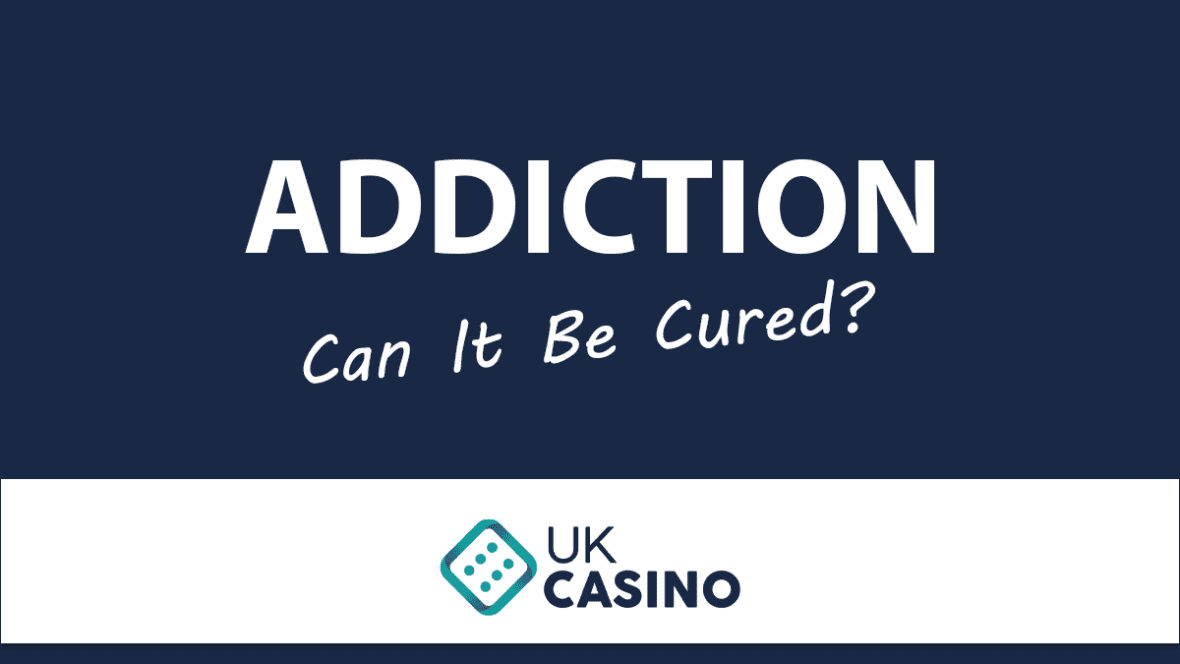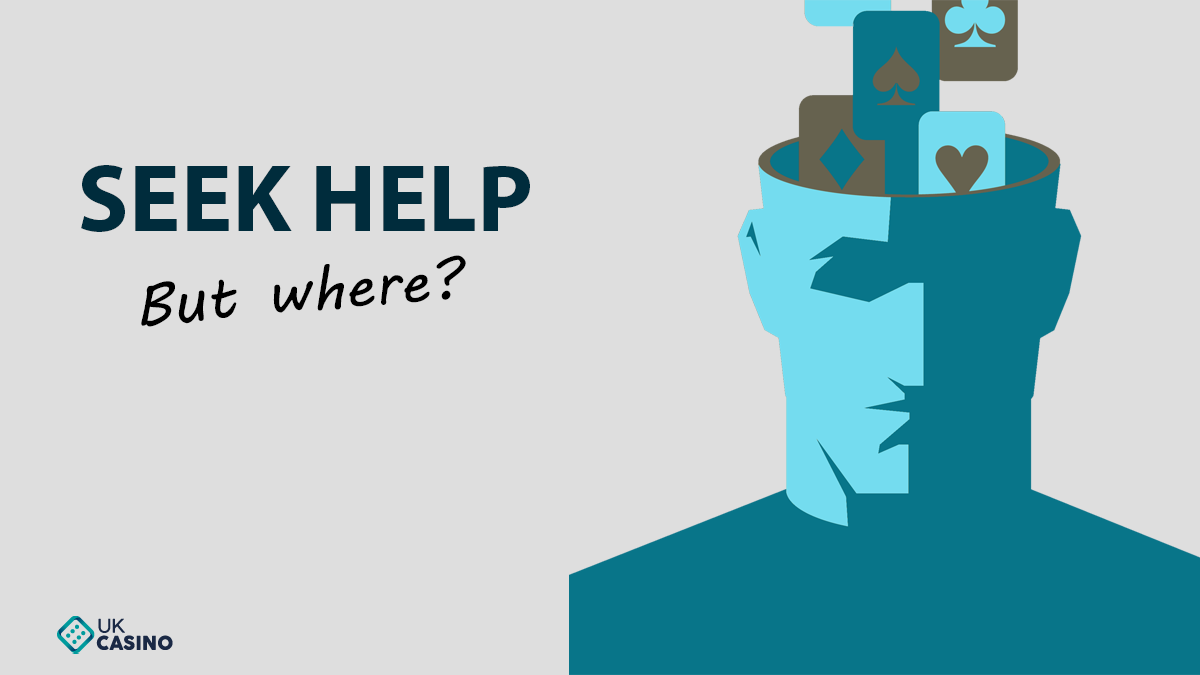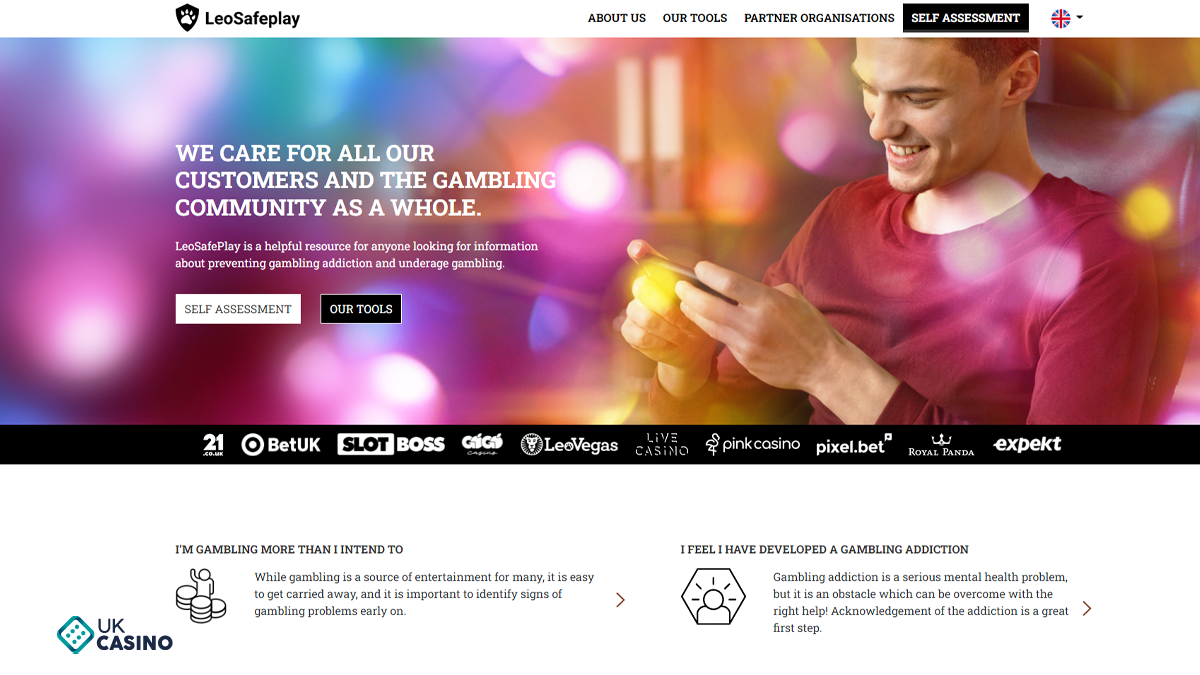Can Gambling Addiction be Cured?

Many people wonder whether gambling addiction can be cured or if a gambling addict will ever be able to ‘’play normally’’ again. In this comprehensive guide, we will discuss what gambling addiction is, when someone is considered a gambling addict, whether it can be cured, and tell where you can seek help if you or a loved one has a gambling problem.
What is Gambling Addiction?
Someone is considered to be addicted to gambling when he or she plays a lot, loses a lot of money, and negatively affects both his or her own life and those of people around. This often leads to financial, social, and psychological problems.
The true meaning of gambling addiction boils down to spending too much time and money on gambling. Compulsive gambling is a serious problem that can lead to depression, debt, and even death.
The Differences Between a Gambler and a Gambling Addict
Anyone can play a game of chance every once in a while. However, for some people, playing games has become more than a fun pastime. Unfortunately, it has turned out that for a number of people, it doesn’t stop at a single game, and they get into trouble sooner or later due to excessive and compulsive play.
When gambling becomes compulsive, which means people become emotionally dependent on the game and spend too much time and money on it, we speak of a gambling addict. In this guide, we make no distinction between pathological gambling, compulsive gambling, or gambling disorders.
Can Gambling Addiction be cured?
Most people would argue that a compulsive gambler will always remain a gambler. However, with the help of several professional addiction treatment centres and/or self-help, a large number of gambling addicts have managed to become and remain gamble-free. They may say that they are (still) addicted to gambling, but they don’t play excessively anymore and are ‘’cured.’’
The motivation of the compulsive gambler plays an essential role in recovery. Quitting gambling is only possible when the gambler wants to. Most gamblers are more likely to quit gambling when they join a peer support group such as Gamblers Anonymous. In these groups, they find a sponsor, which is a former gambler with experience in remaining free from addiction, that provides them with guidance and support.
Where to Seek Help For a Gambling Addiction in the UK

You can seek help for your gambling addiction at several (freely available) addiction institutions around the United Kingdom, including GamCare, The National Centre for Behavioural Addictions, the NHS Northern Gambling Service, the NHS Southern Gambling Service, the West Midlands Gambling Harm Clinic, the Gordon Moody Association, and Gamblers Anonymous.
The Differences Between Quitting Gambling and Being Gamble-free
All participants in gambling addiction institutions are asked to stop gambling immediately upon joining. In some cases, this doesn’t work right away for the person in question. When a group member hasn’t gambled for a substantial amount of time, he or she is said to be ‘’gamble-free.’’
However, only when a gambling addict has proven not to be under the spell of addiction does he or she officially ‘’quit gambling.’’ Members of groups such as Gamblers Anonymous say they have always been and will always remain a gambler, even when they don’t play anymore.
In the case of self-help, we speak of being gamble-free when a person hasn’t gambled for a while and is working on actively restoring his or her financial and social life and psychological recovery.
How Long Does it Take for a Gambling Addict to Become Gamble-free?
There is no solid answer to this question. It varies from person to person and mostly depends on one’s honesty and willpower. In most cases, a relapse occurs and the gambler has to continue the process of becoming gamble-free for longer.
Things to do to Quit Compulsive Gambling
First of all, the compulsive gambler must clearly see that he or she has a gambling problem. Stopping gambling is only possible if the gambling addict truly wants to. Compulsive gambling cannot be stopped if the addict is unable or unwilling to accept the facts about his or her addiction outright.
Sadly, most gamblers only admit that they are under the spell of gambling when they have lost control over their lives, and a study shows that only 3% of problem gamblers are receiving treatment. When compulsive gamblers recognize they have a problem, they should seek professional help or begin self-help.
Practical Tips to Apply Immediately if Gambling is Causing You Problems
- Pay as many important bills and debts as possible before you gamble.
- Spend time with friends and family members that do not gamble.
- Don’t think of gambling as a way of making money.
- Do not take drugs or drink alcohol whilst gambling, and do not replace gambling with substance abuse.
- Set clear limits for yourself, and only take cash with you when gambling.
If you are affected by a loved one’s gambling problems, you can reach out to GamCare and/or GamAnon, which both provide information and support to anyone affected by someone else’s gambling.
Online Casino Account Limits, Cooling-Off Periods, and Self-Exclusion

Nowadays, there are many precautionary actions you can take to counter gambling addiction, especially at online casinos. Gambling sites with UK license provide players with the opportunity to set deposit, loss and play time limits from within their account settings. Whenever players are on a so-called ‘’losing streak’’ and gambling more than they should, they have the option to self-exclude themselves from playing at the particular casino by contacting the support staff.
In this case, they aren’t allowed to wager or make any deposits into their account until the cooling-off period has passed. In some cases, this cooling-off period can be permanent and span across multiple online casinos. One particular freely available app or software that one can install is GAMSTOP, which puts you in control of restricting your online gambling activities.
Frequently Asked Questions About Gambling Addiction
What is the recovery rate for gambling addiction?
It is estimated that 33% of gambling addicts recover by themselves without the aid of any treatment. However, of those that do seek treatment, over 90% relapse at one point. It must be noted that these numbers are mere estimates and that real gambling addiction recovery rates may vary.
What is the most effective treatment for gambling?
Although some would argue antidepressants may be the most effective treatment for gambling addiction, study shows that specialized cognitive behavioural therapy, also known as CBT, is the treatment that has the most impact on changing the thoughts and behaviours that come with gambling disorders. It does this by correcting cognitive distortions about gambling, developing problem-solving skills, teaching social skills, and teaching relapse prevention.
Is being addicted to gambling just a financial problem?
No, being addicted to gambling is primarily a psychological and emotional problem. Of course, being addicted to gambling often causes financial problems, but gambling addicts also often have problems within their relationships, at work, and with the law. Out of all the problems facing the compulsive gambler, the financial problem often seems the easiest to solve.
Who is responsible for gambling debts?
Parents are not responsible for any gambling debts incurred by an adult child over the age of 18 in the United Kingdom. However, parents are responsible if it concerns a minor. When spouses are married in community of property, they are responsible for each other’s debts. This is not the case if they are married on a prenuptial agreement. Cohabitants are not responsible for each other’s debts unless they have made official agreements about this in a cohabitation contract.
Can I quit gambling on my own?
Yes, technically anyone can quit gambling on their own. However, most compulsive gamblers don’t make it on their own and relapse. Professional gambling addiction treatment and 12-step programs such as that utilized by Gamblers Anonymous have higher success rates.